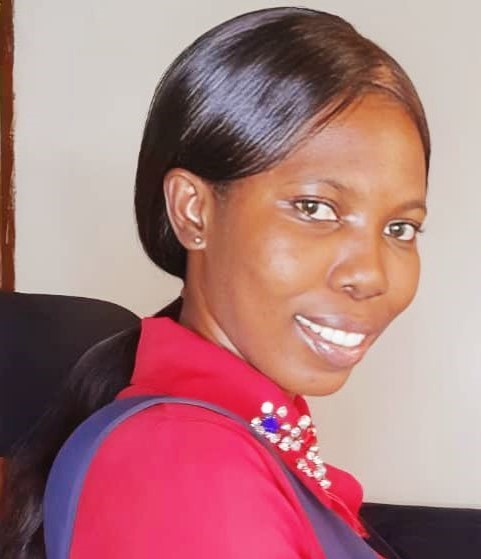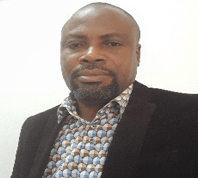– meeting the challenge of our times
The world is undergoing a profound demographic shift, marked by a steadily increasing aging population. Longer life expectancies, declining birth rates and advancements in healthcare are all contributing factors to this global phenomenon.
While this trend signifies progress in healthcare and living standards, it also poses significant challenges – particularly in the realm of elder care. As societies adapt to these changing demographics, it becomes imperative to address the evolving needs of the elderly and develop sustainable strategies for their care and well-being.
The aging population: a global challenge
According to the World Health Organisation (WHO), the proportion of global population aged 60 and above is expected to double by 2050, reaching nearly 22 percent of the total population. While this shift in distribution of a country’s population toward older ages – known as population aging – started in high-income countries (for example, in Japan 30 percent of the population are already over 60 years old), it is now low- and middle-income countries that are experiencing the greatest change.
The World Health Organisation has estimated that by 2050 two-thirds of the world’s population over 60 years will live in low- and middle-income countries. This will present unique social, economic and healthcare challenges among people living in low- and middle-income countries, including Ghana. It is therefore important that government and the citizenry start putting in measures to meet this future event.1
Elder care: a multifaceted challenge
Elder care encompasses a wide range of services including healthcare, housing, social support and more. To meet evolving needs of the elderly in Ghana, comprehensive strategies are required:
- Healthcare access
Aging is often accompanied by a higher prevalence of chronic diseases, disabilities and cognitive impairments, leading to increased demands on healthcare systems. Therefore, ensuring affordable and accessible healthcare services for older adults is crucial going forward as a country. For example, regular health check-ups, geriatric medicine and specialised care for age-related conditions are essential components of elder care, which needs to be in place in order to meet healthcare needs.
Furthermore, government and other bodies must put in place advanced technology that offers promising solutions to many of the challenges associated with an aging population. Telehealth, for instance, will allow older adults to access medical consultations from the comfort of their homes; reducing the need for frequent hospital visits. It is therefore important that government and other stakeholders put more effort into promoting telehealth to make it accessible for everyone.
- Social engagement
Loneliness and social isolation are common among the elderly, which can lead to various mental health issues including depression and anxiety. As a country, it is important to start establishing community-based programmes and support networks which are essential to combat these challenges. Combatting loneliness and social isolation is a key aspect of elder care that needs crucial attention going forward as a country.
- Caregiver support
Many older adults rely on family members for support in Ghana. Going forward as a country, it is important we put in place caregiver centres to assist in providing elderly care. Additionally, government and other stakeholders within this sector should expand the activities of homecare services so they are accessible to every social class.
Therefore, any government body responsible for overseeing caregiver credentials should establish close collaboration with other stakeholders in these services. This collaboration should include the participation of nurses experienced in home care, as well as social workers and geriatricians who can contribute to the training and supervision of caregivers.
To ensure accessibility, the course duration should be relatively short – preferably no longer than a year; making it financially viable for anyone to enrol. Denmark’s comprehensive home care training programme often serves as a benchmark for other countries.
- Financial planning
The financial burden of caring for an aging population can be immense, both on individuals and governments. The government of Ghana and individuals must plan for the financial implications of aging; including retirement savings, insurance and long-term care financing. Additionally, policies that promote financial security for the elderly are crucial and must be instituted to meet these future forecasts.
Conclusion
The aging population and associated challenges in elder care are among the most pressing issues facing societies worldwide. As the demographic shift continues, governments, healthcare systems and communities must work together to develop comprehensive and sustainable solutions.
This includes addressing healthcare access, social engagement, caregiver support and financial planning. Embracing technology and innovation can also play a significant role in improving the quality of life for older adults and ease the burden on caregivers and healthcare systems. By taking proactive measures, we can ensure that our aging population enjoys the dignity, respect and quality of life they deserve.
>>>the writer can be reached via +233507481140










